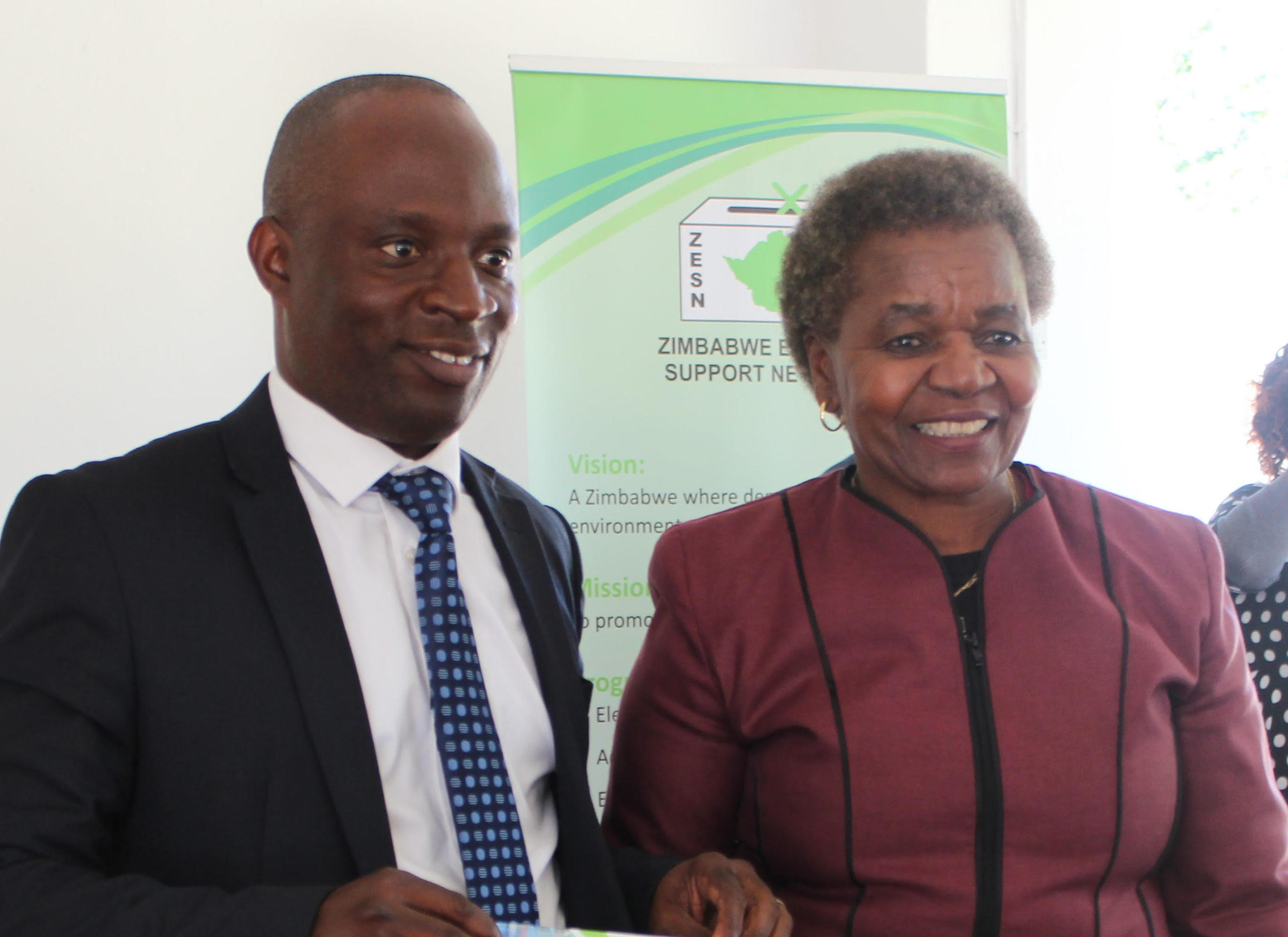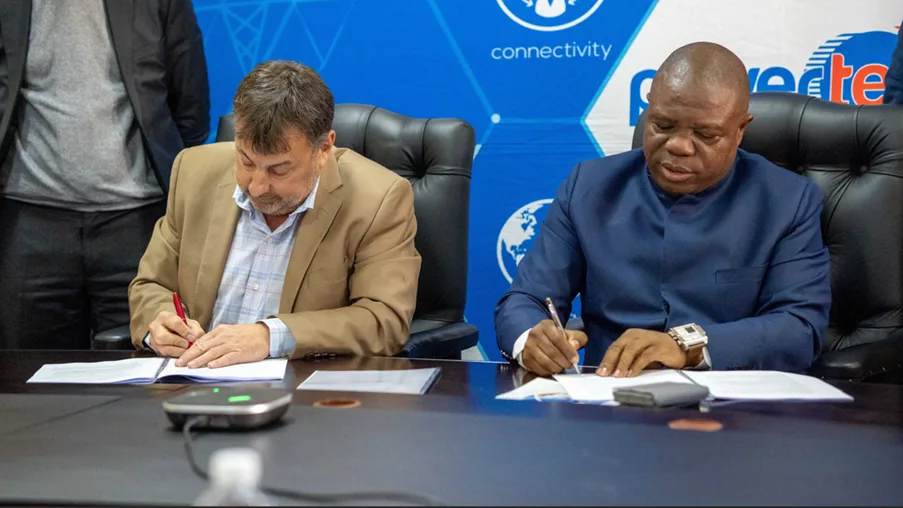The Zimbabwe Election Support Network (ZESN) launched its Compendium of Election Observers’ Recommendations yesterday in Harare. The launch was attended by a Commissioner from the Zimbabwe Electoral Commission (ZEC), Commissioner Leticia Joyce Kazembe, two senior staff members from the Commission; ZESN network members, Civil Society Organisations (CSOs) representatives; and members of the media fraternity.
In his welcome remarks, the ZESN Chairperson, Andrew Makoni, noted that the invitation of various regional and international Election Observer Missions (EOMs) to observe the 2018 harmonised elections was a welcome development as these played a complementary role to efforts by citizen observer groups. He noted that the Compendium details a total of 223 recommendations reviewing the legislative and electoral framework in line with the Constitution of Zimbabwe and regional and international principles governing the conduct of democratic elections. The ZESN chairperson, went on to highlight the 15 thematic issues around which recommendations were formulated, namely:
- Electoral framework
- Legislative framework
- Election administration
- Voter registration;
- Boundary delimitation;
- Civic awareness and voter education
- Participation and representation;
- Political party functioning;
- Fundamental freedoms;
- Electoral justice;
- Accountability;
- Suffrage;
- Polling;
- Media; and
- Election observation
The Chairperson also indicated that ZESN has developed a tracking tool with indicators and an indicative timeline to track progress in the implementation of the suggested electoral reforms in time ahead of the 2023 harmonised elections.
Speaking on the tracking tool, the ZESN Advocacy for Electoral Reform Officer, Heather Koga, indicated that the recommendations and indicators were fed into an Access-based database. She noted that the 223 have been rationalised by grouping more or less similar ones into 115 for ease of tracking. Each of the recommendations has a certain number of indicators that show movement in terms of implementation. A coding system was then adopted with a scoring scale on which NO=0; YES PARTIAL=2; and YES FULLY=3 applied to track implementation progress for each of the recommendations based on the fulfilment of the applicable indicators. With action taken on each of the indicators, the scoring moves from 0 (zero) towards 3.
The Advocacy for Electoral Reforms Officer noted that the database categorises the recommendations under four broad themes: Legislative relating to recommendations about which there is need to align or amend the law; Regulation relating to recommendations that require the Elections Management Body (ZEC) to exercise the mandate to change or proffer new regulations that is within its ambit without necessarily changing the electoral law, for example the Electoral Act; Policy relating more to the practice of ZEC, for example in terms of communication and public relations; and Implementation relating to issues that are already covered in the laws governing elections in respect of which only implementation or enforcement is lacking. She illustrated the foregoing with a few examples, specifically the alignment of the Electoral Act (legislative); impartial and equitable coverage by the public broadcaster and ZEC’s conduct of the boundary delimitation process (implementation); regulations relating to the secrecy and efficiency of postal voting (regulation); and a review by the ZEC of its approach to external communication and development of a comprehensive communication and information strategy aimed at strengthening stakeholders’ trust and confidence, as well as ensuring a sense of ownership and keeping the electorate informed (policy).
The audience gave positive feedback, commending ZESN for producing the comprehensive Compendium. Responding to questions raised in the question and answer session, the ZESN Programmes Coordinator, Ellen Dingani, elaborated that on some issues, for example the conduct of the public broadcaster, ZESN will ride on its Network members such as the Media Monitors for detailed analysis on the implementation of the recommendations in relation to media. She also noted that ZESN will continue to look at ways of widely disseminating the compendium, including engaging the media, all regional and internal EOMs cited in the compendium, the ZEC, Parliament, Chapter 12 institutions, relevant government Ministries and departments, political parties and other interested stakeholders. The Chairperson also clarified that while ‘political environment’ is not presented as a standalone thematic area, issue relating to the political environment are embedded and mainstreamed in recommendations under various themes, for example political party functioning, participation, accountability, fundamental freedoms amongst other themes.
Commissioner Kazembe commended ZESN for the compendium, acknowledging the work that the Network has always done. She committed, on behalf of ZEC, to consider the proposed recommendations, bemoaning the uptake by Parliament of proposed recommendations. She then called upon all stakeholders to lobby Parliament whose responsibilities it is to attend to the issue of electoral reforms.
The launch ended with the ZESN Chairperson officially launching the compendium by handing over copies to the ZEC Commissioner, Commissioner Kazembe as one of the key electoral stakeholders present.
“ZESN hopes that this initiative will keep electoral reform issues relevant across the entire electoral cycle, avoiding 11th hour reforms, thus ensuring that reforms are timeously instituted to positively bear on the extent to which the 2023 elections will be democratic”, concluded the ZESN Chairperson.






